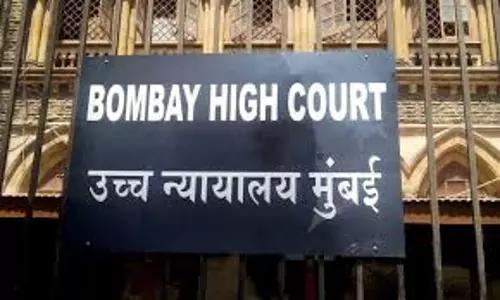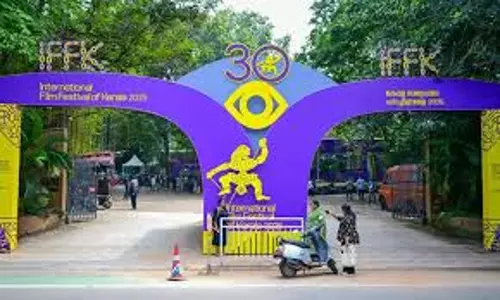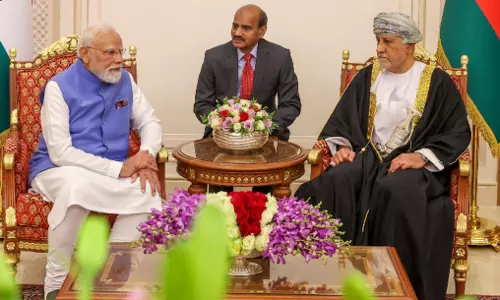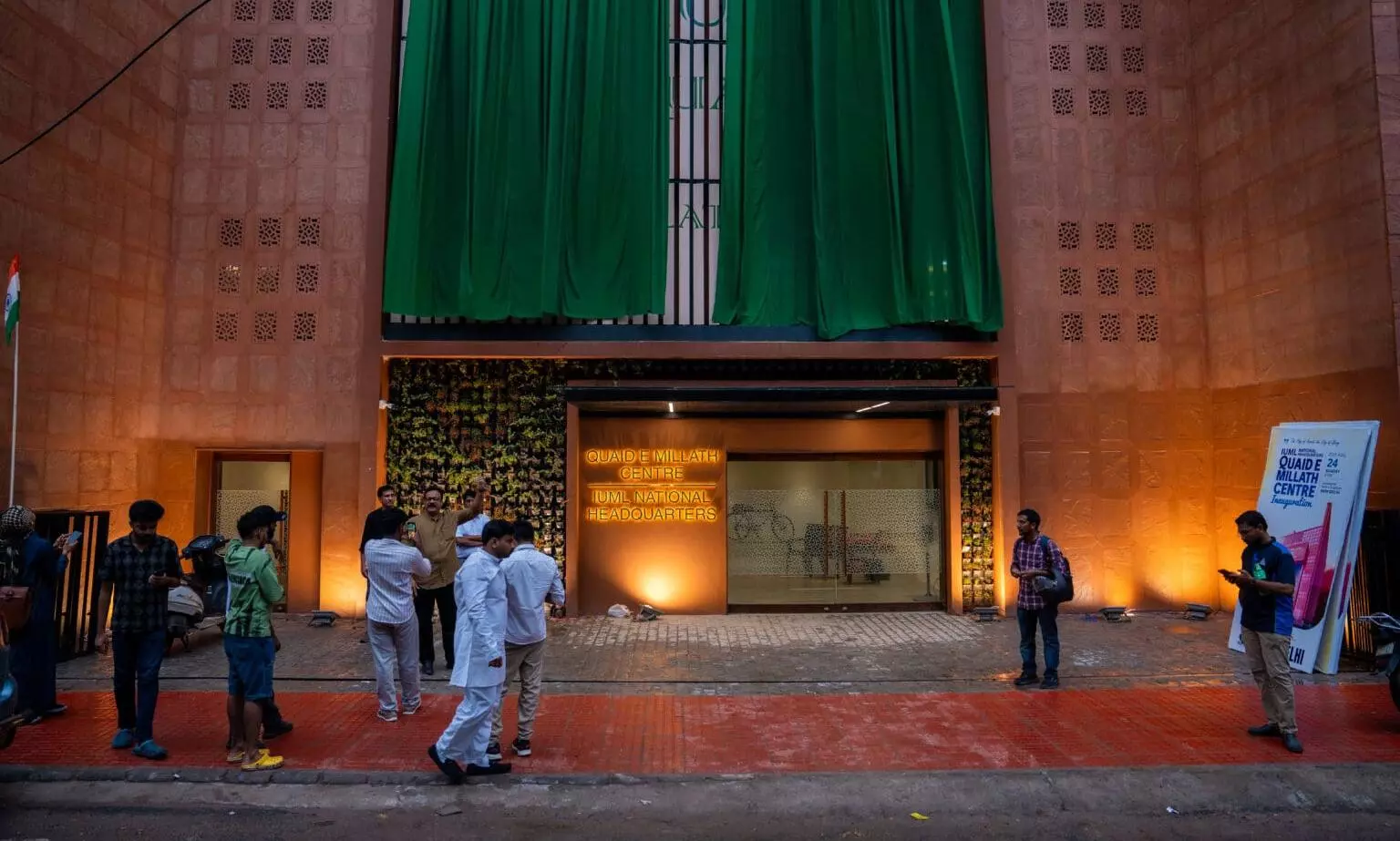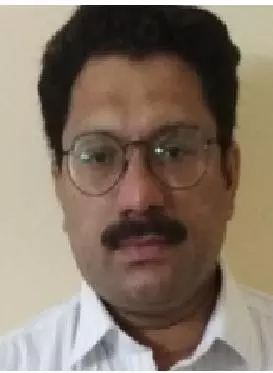
IUML spreads its protective wings
text_fieldsThe Indian Union Muslim League (IUML), a prominent political player in Kerala and Tamil Nadu, is set to expand its organisational orbit beyond its traditional territory by inaugurating its national headquarters, the Quaid-e-Millat Centre, in New Delhi on 24 August 2025. The centre is named after the party’s founder-president, Quaid-e-Millat Muhammad Ismail. Since its foundation on 10 March 1948, the party’s national committee has been functioning from its office, the Quaid-e-Millat Manzil, in Chennai.
The IUML belongs to the rare club of political parties that have continuously been represented in both the Constituent Assembly and Parliament since Independence. It is a major constituent of the opposition United Democratic Front (UDF) in Kerala, led by the Indian National Congress, and of the Secular Progressive Alliance (SPA) in Tamil Nadu, led by the Dravida Munnetra Kazhagam (DMK). Whenever the UDF comes to power in Kerala, IUML leaders hold key ministerial portfolios in the Cabinet. At the national level, the IUML is part of the INDIA bloc. Its late national president, E. Ahamed, served as Minister of State in the United Progressive Alliance government from 2004 to 2014.
Currently, the IUML has five members in Parliament—E. T. Mohammed Basheer, M. P. Abdussamad Samadani, and Navas Kani in the Lok Sabha, and P. V. Abdul Wahab and Adv. Haris Beeran in the Rajya Sabha—and has fifteen members in the Kerala Legislative Assembly. Beyond Kerala and Tamil Nadu, the League has, at various times, had representation in the legislatures of West Bengal, Puducherry, Maharashtra, Karnataka, Uttar Pradesh, and Assam. In West Bengal during the 1970s, for instance, A. K. A. Hassanussaman served as a member of Ajoy Mukherjee’s cabinet. In the national sphere, B. Pocker Sahib from Malappuram was a member of the first Lok Sabha (1952–57), besides being a member of the crucial Constituent Assembly. K. M. Seethi Sahib served as Speaker of the Kerala Assembly (1960–61), while party stalwart C. H. Mohammed Koya briefly held the office of Chief Minister of Kerala (12 October–1 December 1979).
Answering the Sphinx-like question
American political scientist Theodore P. Wright, in Muslim League in South India since Independence: A Study in Minority Group Political Strategies (1966), posed a serious question:
“The leaders of the Muslim minority of British India finally set the objective of separate national independence in 1940 after they had concluded that they could not rely upon constitutional guarantees to safeguard their rights against the Hindu majority. But the creation of Pakistan in 1947 left a substantial though scattered Muslim population of some forty million in the Indian Republic, ten per cent of the latter's people. Suspected by many Hindus of further divisive intentions, how was this group to act within the framework of parliamentary and at least ostensibly secular democracy?”
To a great extent, the Indian Union Muslim League has provided a positive and practical answer to this question, positioning itself as a responsible participant in India’s secular democratic framework.
Though the IUML traces its lineage to the All India Muslim League (AIML), it has always asserted its unique identity rooted in the secular and democratic Constitution of India. After the Partition, the National Council of the AIML met at Karachi on 14 December 1947. While most Indian Muslim Leaguers abstained, Muhammad Ismail, president of the Madras provincial committee, participated. The council resolved to dissolve the AIML and form separate leagues in India and Pakistan. Ismail was chosen as convener of the Indian wing.
Notably, he declined the offer of ₹17 lakh out of the AIML’s ₹40 lakh funds held in Habib Bank, Karachi—an act that symbolised the ideological divergence of the IUML from the AIML. He also advised Pakistan’s Prime Minister, Liaquat Ali Khan, not to interfere in the affairs of Indian Muslims, seeking only one favour: protection of minorities in Pakistan. Despite Lord Mountbatten’s advice not to revive the League in India, Ismail stood firm. At the first convention of the League at Rajaji Hall, Madras, some leaders proposed disbanding the party and merging with other political platforms. But Ismail remained resolute in establishing the IUML as a protective shield for Indian Muslims.
The IUML has consistently upheld the ideals of secularism and communitarian welfare, protecting the interests of marginalised groups, including Dalits. Leaders like M. Chadayan and K. P. Raman played prominent roles in the party’s politics in Kerala. Importantly, the IUML managed to bridge divides within the Muslim community, bringing together diverse religious traditions under its umbrella.
The Great Patriarch
Muhammad Ismail remains the perennial source of inspiration for the IUML. He entered politics during the Khilafat-Non-Cooperation Movement of 1920, abandoning his studies at Madras Christian College in response to Gandhiji’s call to boycott colonial institutions. Joining the AIML in 1936, he was elected to the Madras Legislative Assembly in 1946.
In 1948, following the resignation and migration of Abdul Sathar Sait to Pakistan, Ismail was elected to the Constituent Assembly. There, he staunchly defended minority rights, particularly the preservation of Muslim Personal Law, despite the grim post-Partition scenario. He argued for retaining separate electorates for Muslims to ensure representation—an appeal that went in vain. His fears appear vindicated today, as Muslims remain grossly underrepresented in legislatures. The 18th Lok Sabha, for instance, has the lowest share of Muslim MPs in six decades: only 24 (4.4%) out of 543, despite Muslims comprising over 15% of India’s population. Notably, the BJP, the largest party, has no Muslim MPs.
In the first general election of 1951–52, Ismail sought an alliance with the Congress, but failed. Nonetheless, he endorsed the Bombay unit’s tactical arrangement with the Congress, which later formed a post-poll alliance with the IUML in the Madras Assembly. When Congress leader K. Kamaraj contested from Gudiyattam, a constituency with 25% Muslim voters, Ismail extended full support.
In 1952, despite the IUML having only five Assembly seats (against the 18 required), Ismail secured election to the Rajya Sabha. Through such tactical alliances, the party earned both political and social acceptance, ensuring what Ismail called an “honourable existence” for Indian Muslims. Before the Ashok Mehta Committee in 1962, Ismail argued persuasively that activities undertaken to redress minority suffering could not be branded as communalism—a principle that has since guided the IUML and many backward-caste movements in India.
Minority politics in a majoritarian era
In his Visible Muslim, Invisible Citizen: Understanding Islam in Indian Democracy (2019), former Union Minister Salman Khurshid observed: “Imagination and identity are the primary motivations in the postmodern world, where imagination and discovery were to be our constant companions. If this equation goes wrong, the noblest of dreams can turn into nightmares.” Harsh Mander, in a newspaper article titled Sonia, sadly in The Indian Express dated 24 March 2018, rightly portrayed the deplorable state of Indian Muslims: “Muslims are today’s castaways, political orphans with no home, for virtually every political party. This is despite India being home to a tenth of the world’s Muslims, around 180 million people, making it the largest Muslim country after Indonesia and Pakistan. There has never been a harder time to be a Muslim in India, not since the stormy months that followed India’s Partition. It was only the blood of the Mahatma spilled 70 years earlier that then stilled the feverish communal hate that had engulfed the land. But today, the large majority of Indian Muslims feel even more profoundly alone and abandoned. Open expressions of hatred and bigotry against Muslims have become the new normal, from schools to universities, workplaces to living rooms, the internet to political rallies. Even worse, they’re forced to live with the everyday fear of hate violence.”
Indian Muslims’ contributions to democracy have often been undervalued due to their religious identity, reinforcing the perception that their faith eclipses their citizenship. The IUML, however, remains steadfast in its commitment to India’s constitutional, secular, and democratic framework. It seeks to resist the majoritarian agenda that risks rendering Muslims invisible in their own homeland.
(Faisal C.K. is the author of the book The Supreme Codex: A Citizen’s Anxieties and Aspirations on the Indian Constitution, and is a commentator on minority politics in India)




